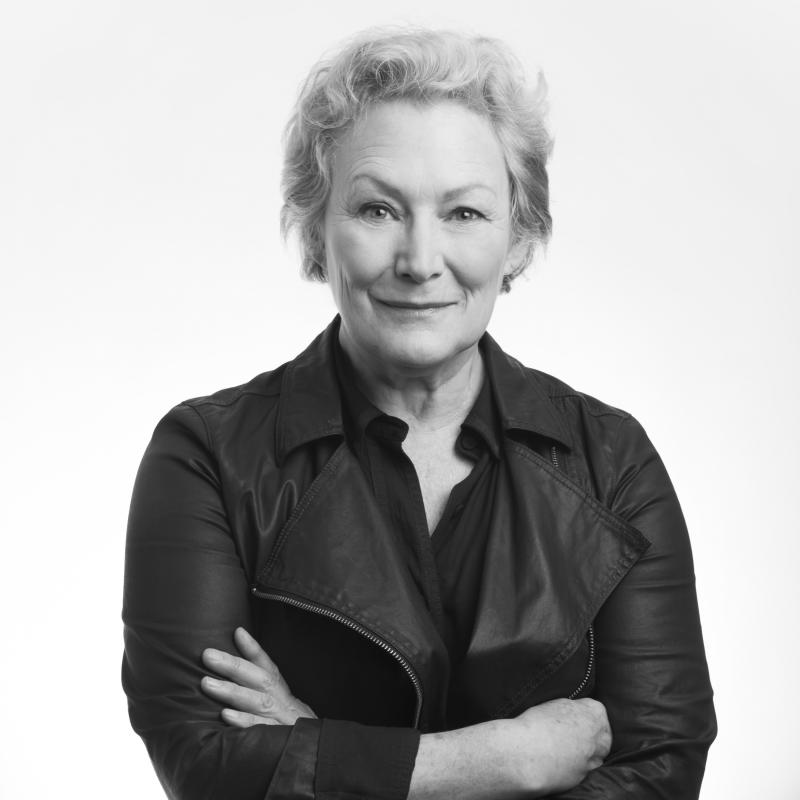Multimedia: No Real Saints and Sinners in America, Inc.

James Militzer, editor of NextBillion Financial Innovation team, held a live hangout session with Clara Miller, president of Heron Foundation, to talk about Heron’s mission and other developments in the impact investment sector. Discussing the foundation’s commitment to deploy all of its assets to impact investments, Miller said the move was precipitated by the realization that all available resources need to be utilized to achieve mission and that obedience to mission is a fiduciary duty:
When one’s mission is to help people and communities help themselves out of poverty, you don’t need to be a rocket scientist to say ‘well if that’s our mission as a private foundation, we need to double down.’ We basically said to ourselves we can’t leave any resource on the table.
The journey of examining Heron’s portfolio was harder than imagined, Miller said. One reason for that was the difficulty in knowing which companies one actually owns in, for example, a mutual fund investment. Heron looked below the surface to ensure that investments are contributing to mission or at least not detracting from it.
Responding to Militzer’s question on how good or bad a company must be in order to be included or excluded from Heron’s portfolio, Miller said:
What we are looking for is best of class. We do believe that there are no real good companies and bad companies. There are no saints and sinners. It is sort of like people. Sinners can be redeemed and saints can fall from grace and we think that about companies too.
That’s why having good metrics to track their performance over time is so important. Because just like for a financial portfolio, it’s not as if you buy a stock and say ‘I’m just going to hold this forever because it’s good.’ You actually pay attention to what’s happening to it over time and you might decide ‘well, it’s not doing so well. We’re going to make the decision not to hold that for a while and then if it improves in performance bring it back on.’
Militzer and Miller also discussed the pushback from certain conservative investors who believe impact investing tends to focus on ‘left issues’. “I don’t see social investing as a divisive political argument,” said Miller, emphasizing that those who conduct value investing are not “wild-eyed crazies.” When asked about the risk of major job losses through fossil fuel divestment, Miller said no one should have to choose between a clean environment and jobs:
I don’t think the people of West Virginia should have to choose between water and air pollution, and jobs, any more than I should or members of Congress should or captains of industries should. And I don’t think those people think so either.
Tweetable
She added,
When you look at comparable metric for companies, you look for the best, you want everybody to go up the curve. This isn’t just about eliminating one company because it’s bad. It’s actually about rewarding the companies that are doing well – and in each industry. So you could possibly find someone, for example in the fossil fuel industry, who has a terrific record on innovation and moving to a less polluting world and improving its carbon footprint.
Talking about trends that will affect the relationship between philanthropy and impact investing in the next 10 years, Miller said:
The problems we face as a world and as a country are so systemic and so large that we basically can leave no stone unturned. I think philanthropy’s job is to stand for the public, stand for the public good through the lens of its own mission. If we are not fulfilling our fiduciary responsibility of obedience to those missions by leaving assets undeployed, we are missing a huge opportunity and we are not fulfilling our duty.
Hungry for more Soundbites? Click here for thought-provoking social ideas, sizzling economic commentary and more that’s worth a listen.